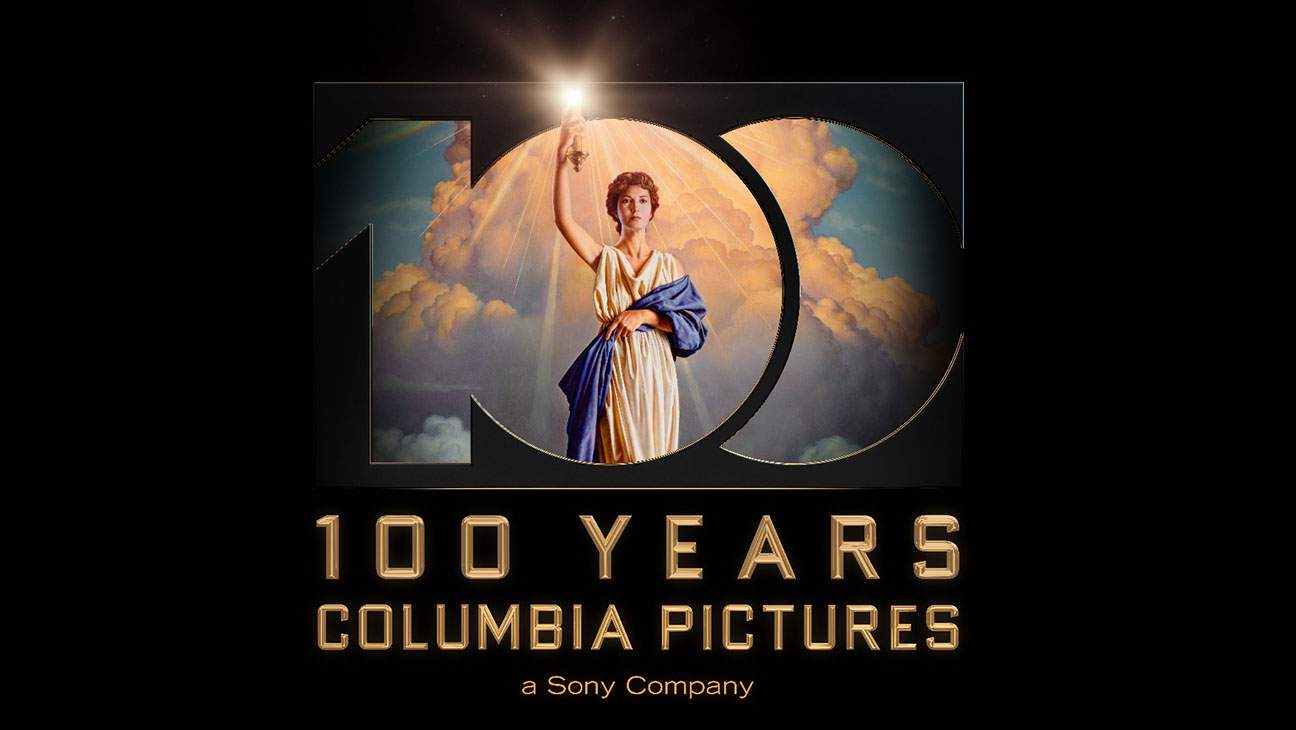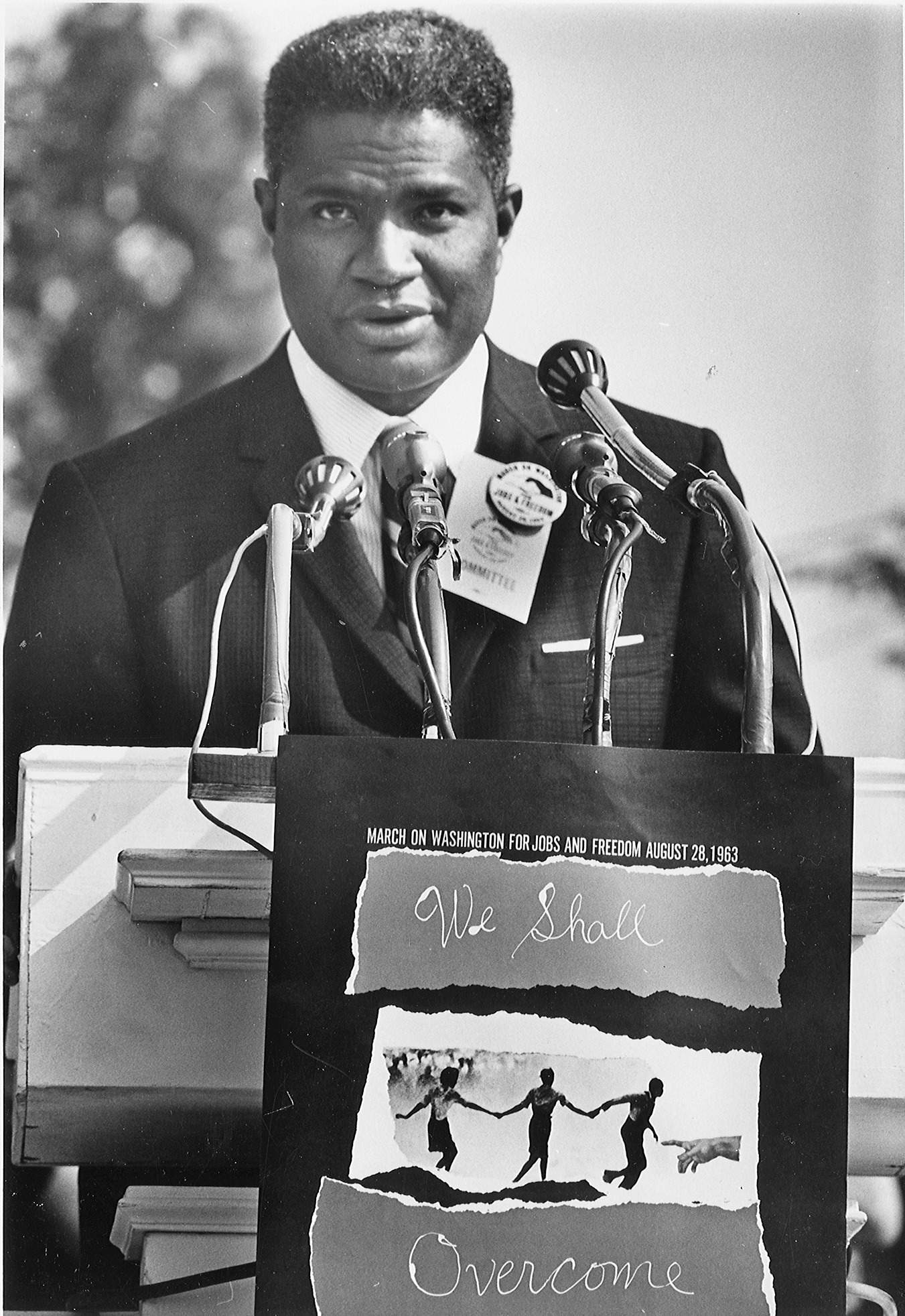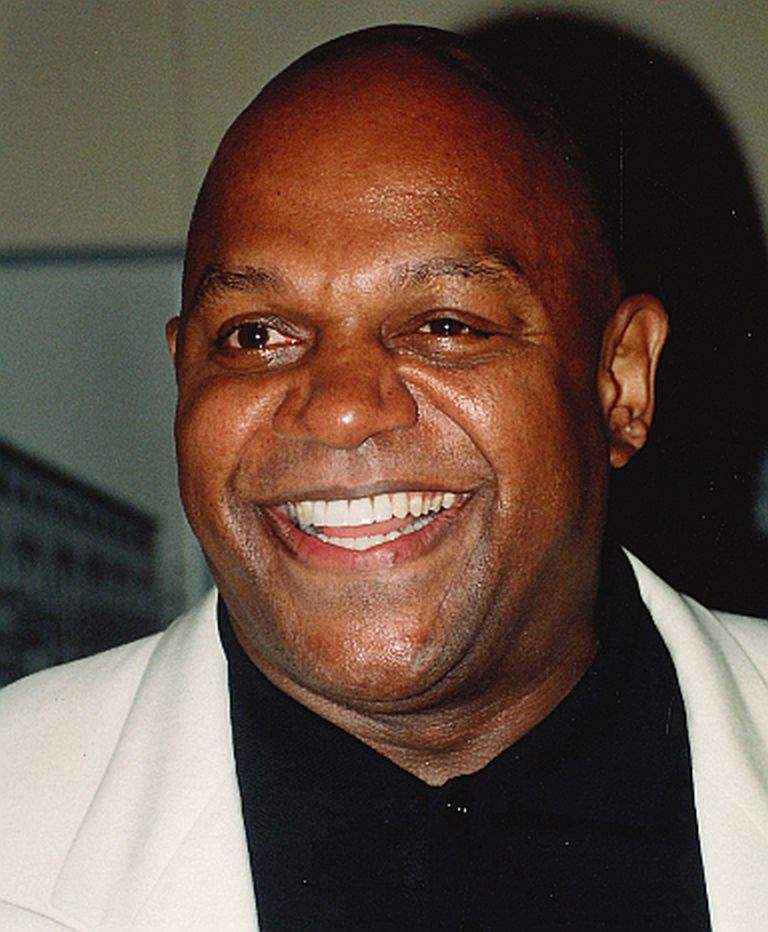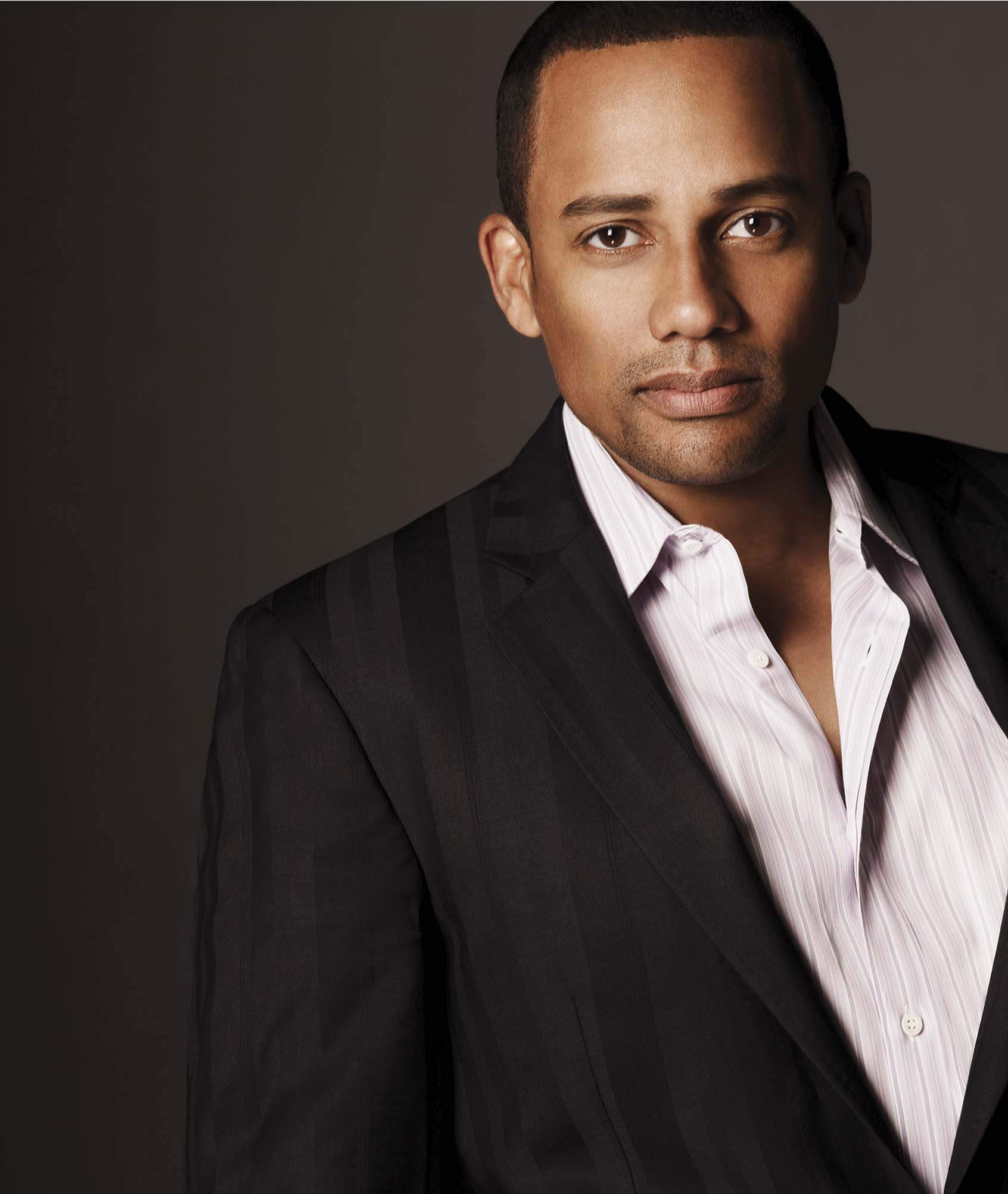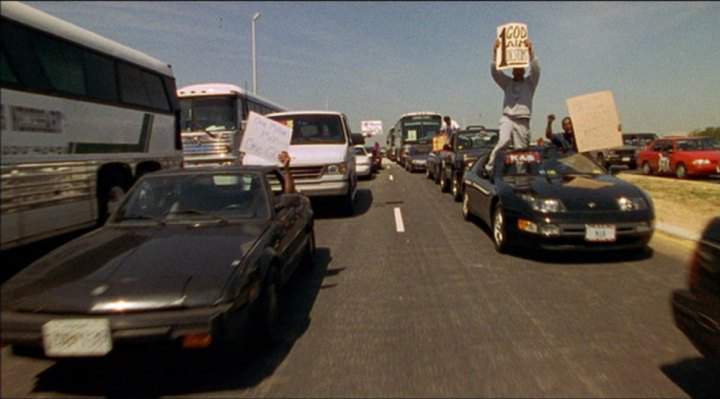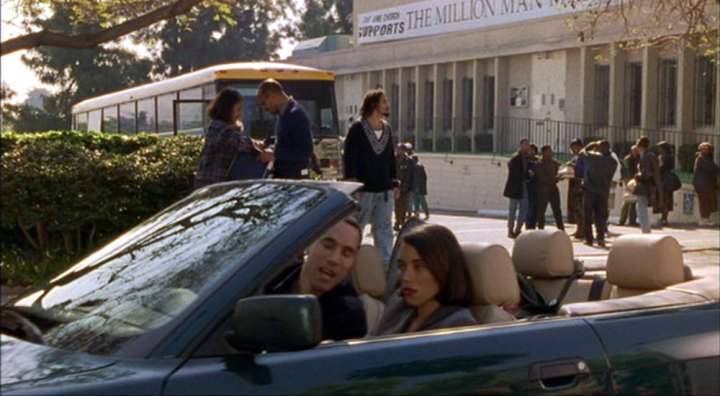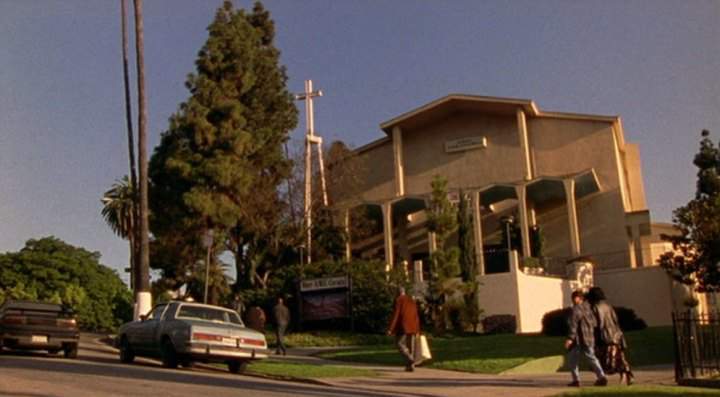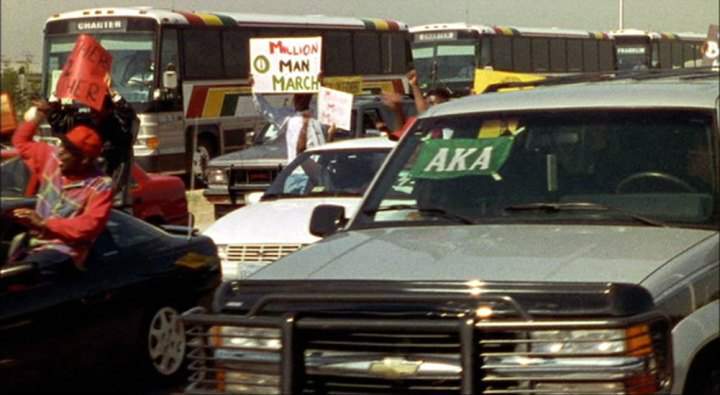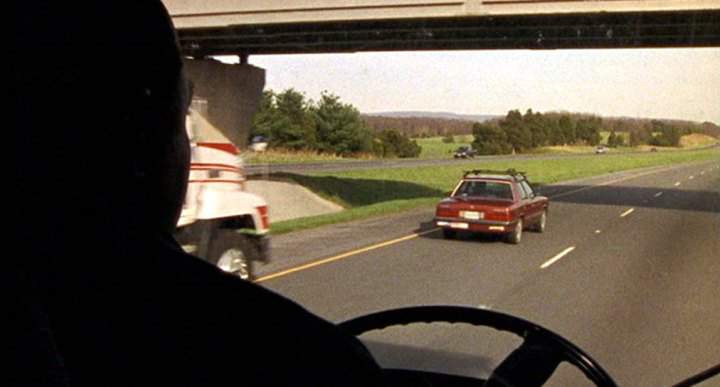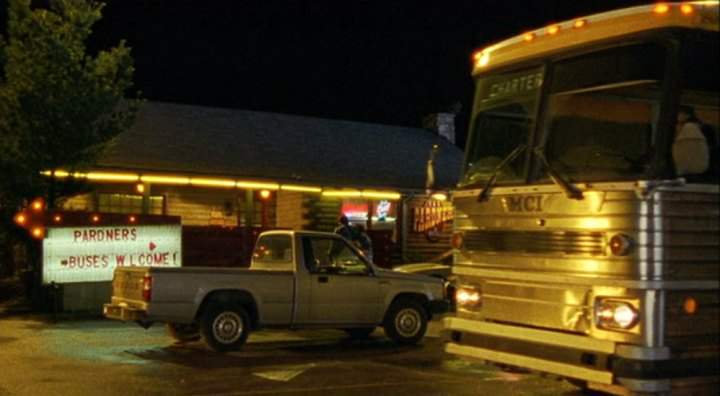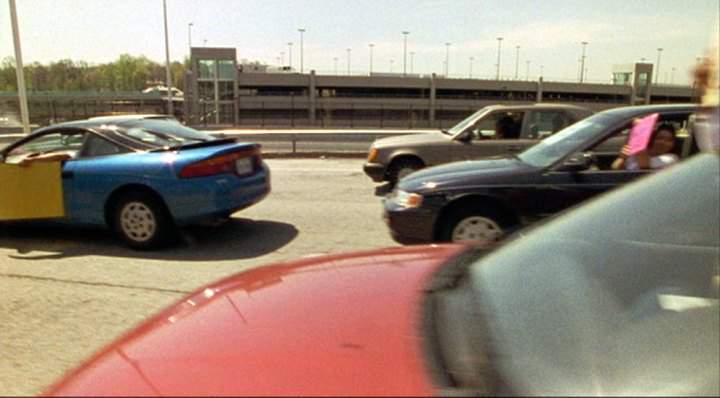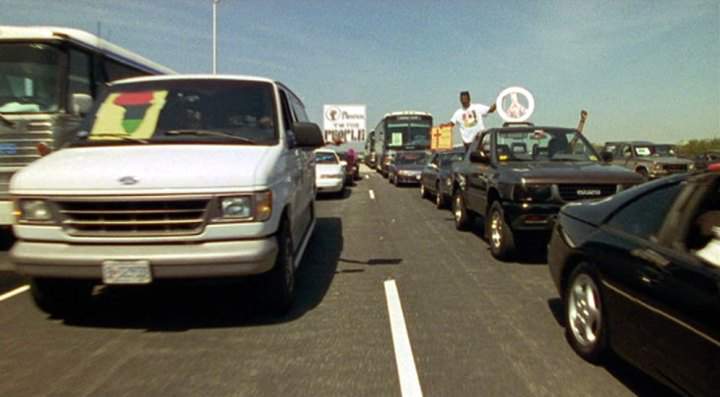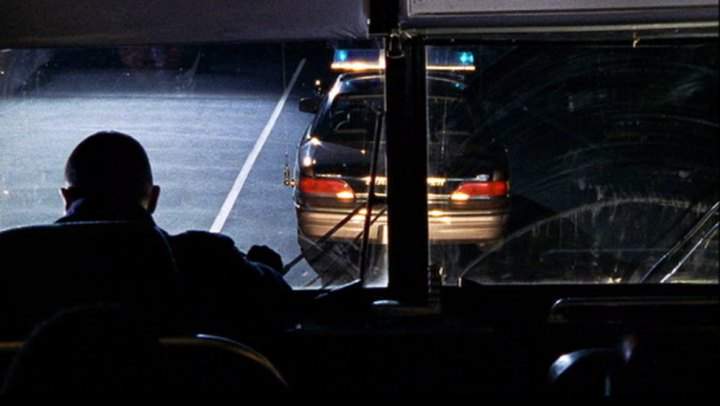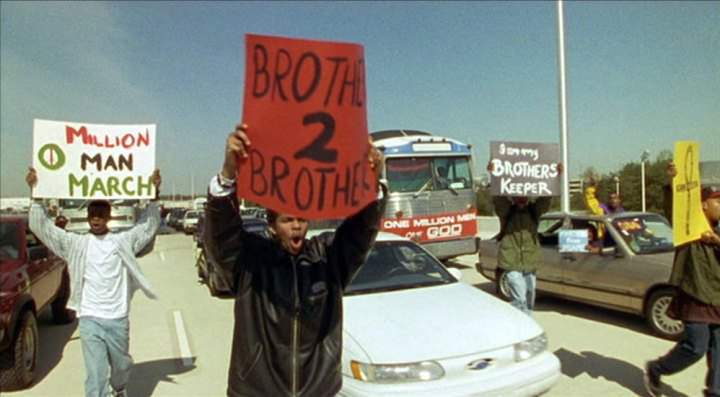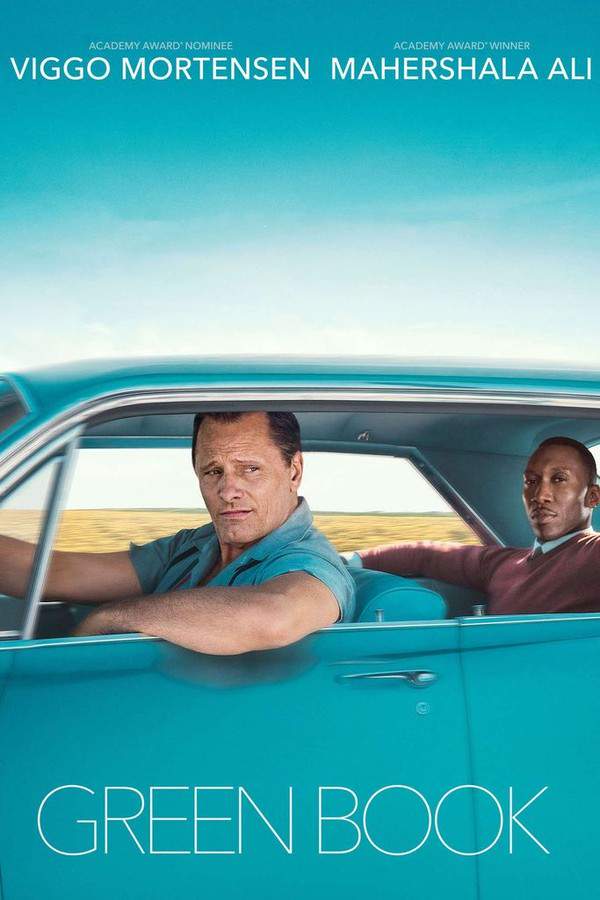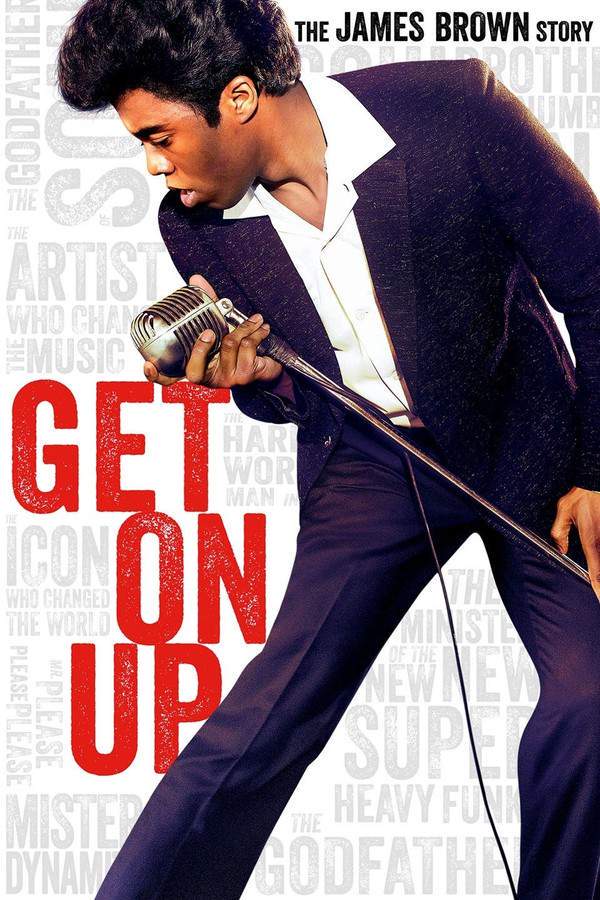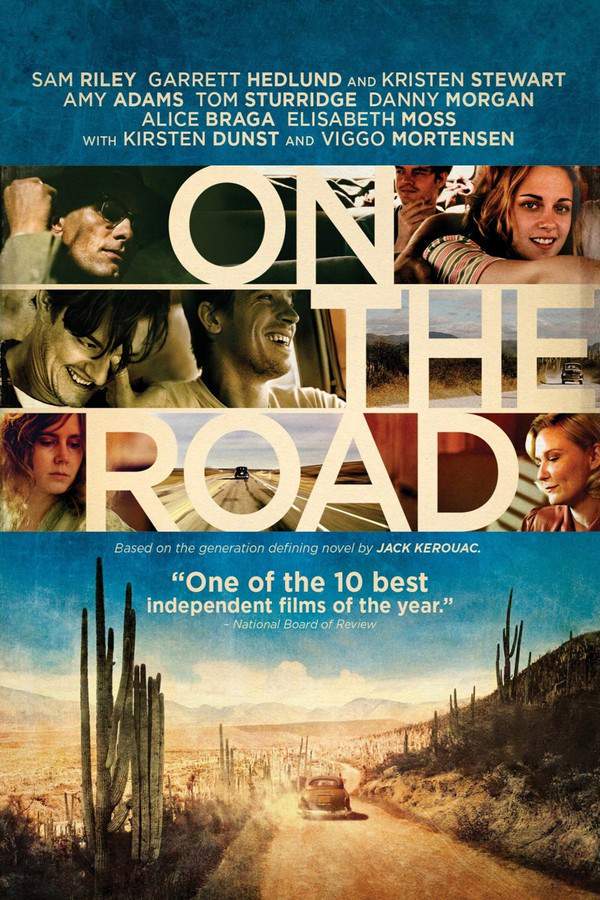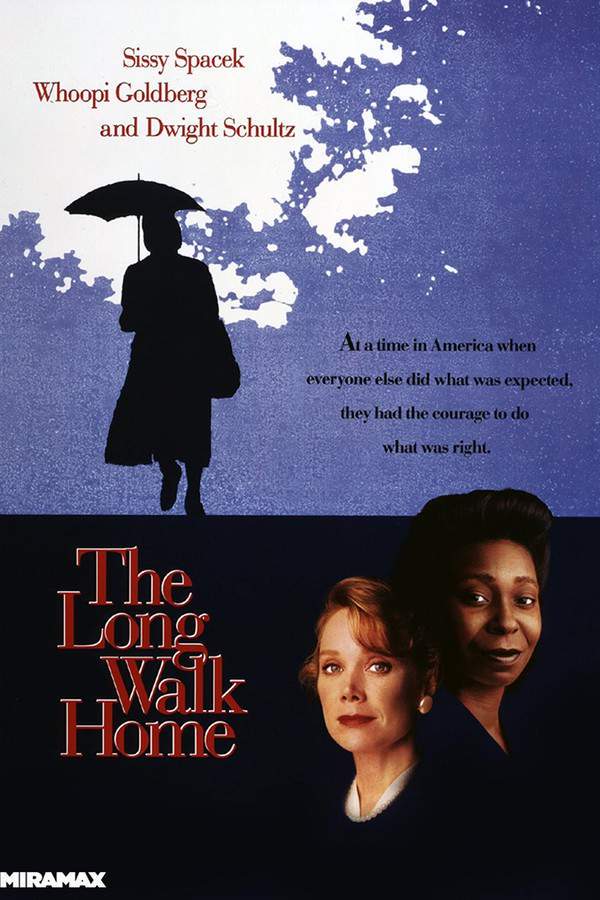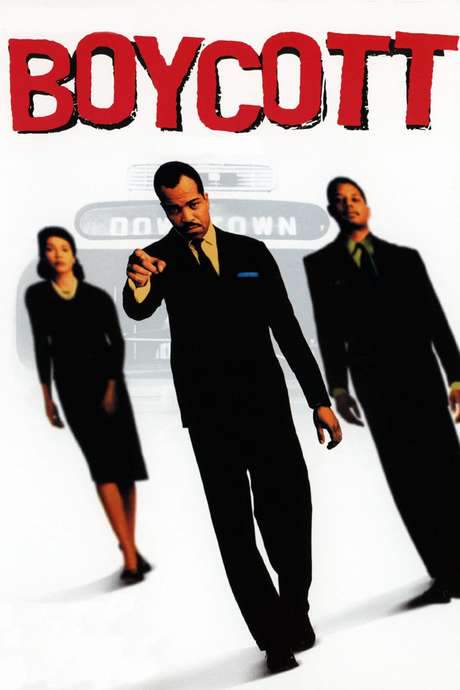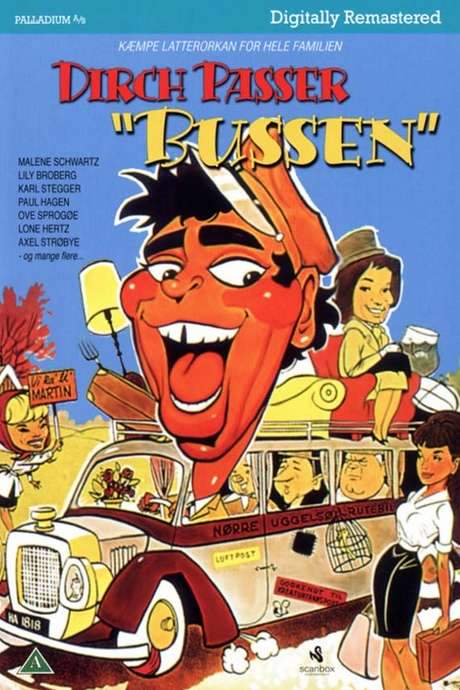Get on the Bus 1996
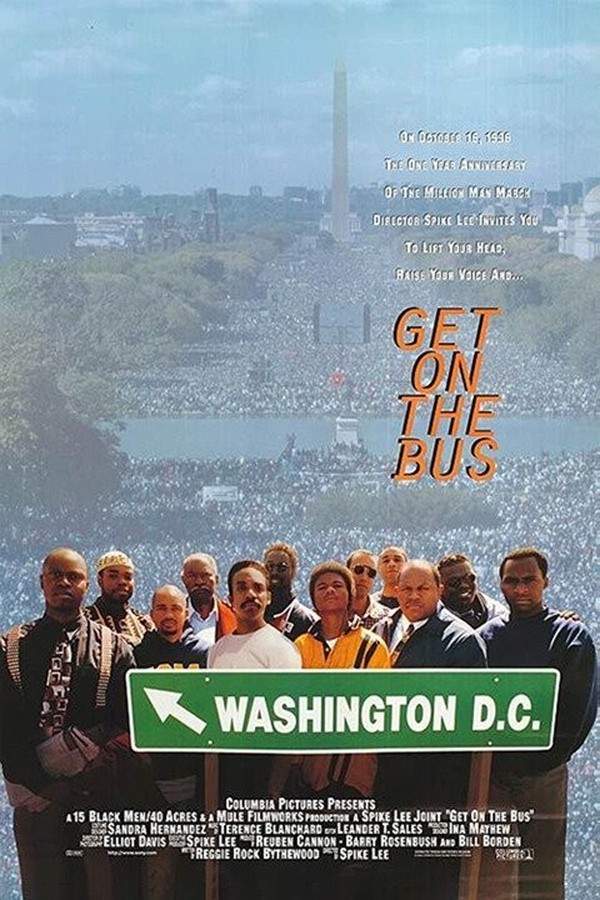
A diverse group of African-American men travel together on a bus to Washington D.C. for the historic Million Man March. During the journey, unexpected connections arise among the passengers, who represent a wide range of ages and backgrounds. From a young man facing legal troubles to a seasoned civil rights leader, their individual stories of struggle, hope, and resilience reveal the complexities of the Black American experience and the power of community.
Does Get on the Bus have end credit scenes?
No!
Get on the Bus does not have end credit scenes. You can leave when the credits roll.
Meet the Full Cast and Actors of Get on the Bus
Explore the complete cast of Get on the Bus, including both lead and supporting actors. Learn who plays each character, discover their past roles and achievements, and find out what makes this ensemble cast stand out in the world of film and television.
External Links and Streaming Options
Discover where to watch Get on the Bus online, including streaming platforms, rental options, and official sources. Compare reviews, ratings, and in-depth movie information across sites like IMDb, TMDb, Wikipedia or Rotten Tomatoes.
Ratings and Reviews for Get on the Bus
See how Get on the Bus is rated across major platforms like IMDb, Metacritic, and TMDb. Compare audience scores and critic reviews to understand where Get on the Bus stands among top-rated movies in its genre.

84
Metascore
6.5
User Score


89%
TOMATOMETER

71%
User Score

6.9 /10
IMDb Rating

64
%
User Score
Take the Ultimate Get on the Bus Movie Quiz
Challenge your knowledge of Get on the Bus with this fun and interactive movie quiz. Test yourself on key plot points, iconic characters, hidden details, and memorable moments to see how well you really know the film.
Get on the Bus Quiz: Test your knowledge on 'Get on the Bus' and explore the themes, characters, and events of the film.
What is the primary destination of the Spotted Owl Bus?
Los Angeles
Washington D.C.'s Million Man March
New York City
Chicago
Show hint
Full Plot Summary and Ending Explained for Get on the Bus
Read the complete plot summary of Get on the Bus, including all major events, twists, and the full ending explained in detail. Explore key characters, themes, hidden meanings, and everything you need to understand the story from beginning to end.
Twelve African American men, united only by their race and a shared destination, embark on a journey aboard a Spotted Owl Bus from Los Angeles to the Million Man March in Washington D.C. These men, each with unique backgrounds and stories, represent a cross-section of experiences:
- George (Charles S. Dutton) serves as the trip’s organizer.
- Jeremiah aka “Pop” (Ossie Davis), an 80-year-old who has seen better days, brings a wealth of African-American history to the group.
- Evan and Evan Jr. aka “Smooth” (Thomas Jefferson Byrd and De’Aundre Bonds), are a father-son duo shackled together due to Junior’s petty theft.
- Kyle and Randall (Harry Lennix and a character portrayed by Isaiah Washington), are a gay couple grappling with their relationship.
- Flip ([Andre Braugher]), a narcissistic and racist actor, adds tension to the mix.
- Gary ([Hill Harper]), a biracial LAPD officer, struggles with his identity.
- Xavier ([Gabriel Casseus]), a UCLA Film School student, documents the journey with his camcorder.
- Jamal ([Gabriel Casseus]), a former gangster turned Muslim, is seeking redemption.
- Jay and Mike (portrayed by Bernie Mac and Steve White, respectively) bring humor and conspiracy theories into the conversation.
- Lastly, Craig ([Albert Hall]), the bus driver contends with his own family issues.
As the journey progresses, the men begin to open up, discussing their personal lives, contrasting political beliefs, and the sensational O.J. Simpson case. In a rare moment of camaraderie, they even unite in a belief about Simpson’s acquittal, viewing it as retribution for historical racial injustices in America.
The elderly Jeremiah, affectionately dubbed “Pop,” shares his painful journey through alcoholism after losing his job, hoping the March will provide him rejuvenation. Meanwhile, Evan Jr. navigates his aspirations of becoming a gangster rap artist and actively seeks his father’s attention after feeling neglected.
As Xavier, or “X,” captures interviews with his fellow passengers, he unveils their stories, although he often faces ridicule from the group. Tensions boil over when Flip reveals his prejudices, particularly targeting** Kyle** and Randall, leading to a spectacular confrontation that culminates in a fistfight that leaves Flip humiliated.
The journey is punctuated by challenges, including a bus breakdown and a new driver, Rick ([Richard Belzer]), who vocally opposes racist statements made by Louis Farrakhan, inciting more heated discussions among the men. As they stop at various rest areas, they interact with different travelers, experiencing kindness and prejudice alike, ultimately leading to a significant confrontation with Tennessee state troopers over unfounded suspicions.
Tragedy strikes when Jeremiah collapses and is rushed to the hospital, where they learn of his passing due to heart disease. The group’s collective grief fosters a strong bond among them—now, united in a shared experience of loss. They watch the remainder of the March unfold on television, finding solace in the idea that their journey, despite never reaching its intended destination, signifies the inception of a much larger movement.
In a poignant final scene at the Lincoln Memorial, George leads the men in a heartfelt prayer that Jeremiah had penned before his death, solidifying their connection and purpose on this life-altering journey.
Uncover the Details: Timeline, Characters, Themes, and Beyond!

Coming soon on iOS and Android
The Plot Explained Mobile App
From blockbusters to hidden gems — dive into movie stories anytime, anywhere. Save your favorites, discover plots faster, and never miss a twist again.
Sign up to be the first to know when we launch. Your email stays private — always.
Watch Trailers, Clips & Behind-the-Scenes for Get on the Bus
Watch official trailers, exclusive clips, cast interviews, and behind-the-scenes footage from Get on the Bus. Dive deeper into the making of the film, its standout moments, and key production insights.
Cars Featured in Get on the Bus
Explore all cars featured in Get on the Bus, including their makes, models, scenes they appear in, and their significance to the plot. A must-read for car enthusiasts and movie buffs alike.
Get on the Bus Themes and Keywords
Discover the central themes, ideas, and keywords that define the movie’s story, tone, and message. Analyze the film’s deeper meanings, genre influences, and recurring concepts.
Get on the Bus Other Names and Titles
Explore the various alternative titles, translations, and other names used for Get on the Bus across different regions and languages. Understand how the film is marketed and recognized worldwide.
Similar Movies To Get on the Bus You Should Know About
Browse a curated list of movies similar in genre, tone, characters, or story structure. Discover new titles like the one you're watching, perfect for fans of related plots, vibes, or cinematic styles.
Quick Links: Summary, Cast, Ratings, More

What's After the Movie?
Not sure whether to stay after the credits? Find out!
Explore Our Movie Platform
New Movie Releases (2025)
Famous Movie Actors
Top Film Production Studios
Movie Plot Summaries & Endings
Major Movie Awards & Winners
Best Concert Films & Music Documentaries
Movie Collections and Curated Lists
© 2025 What's After the Movie. All rights reserved.


